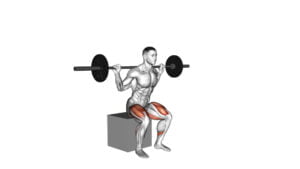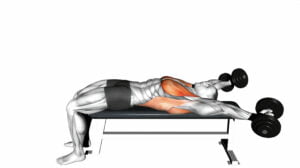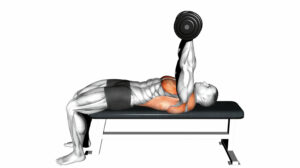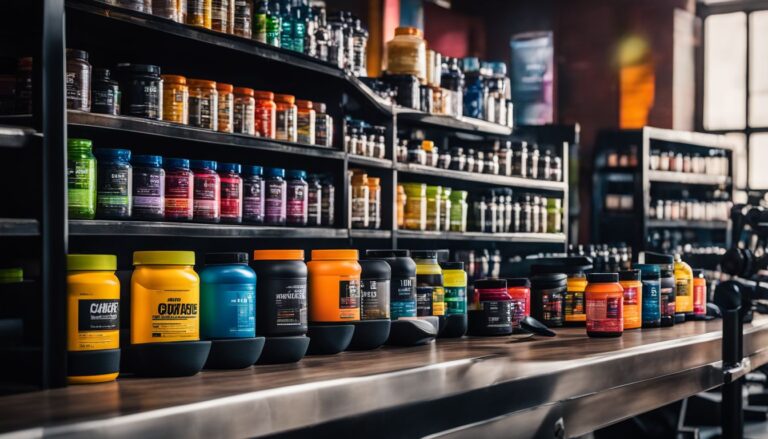Magnesium Before Or After Workout: Timing Tips for Max Performance
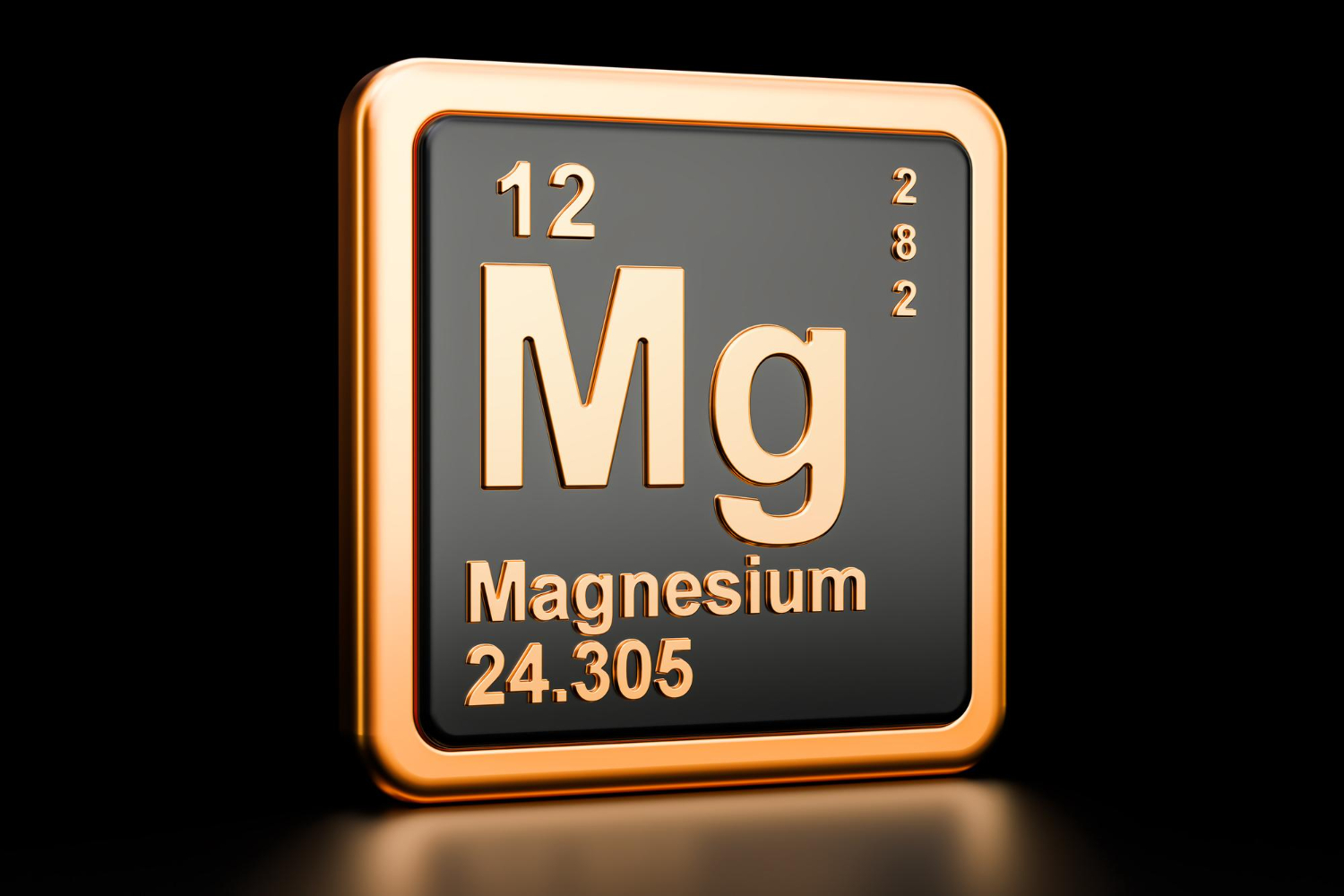
Everyone talks about protein shakes and carbs when it comes to boosting your workout performance. But, there’s a key player often left out of the conversation – magnesium. With years of experience in sports nutrition, I’ve seen firsthand how vital this mineral is for athletes, especially bodybuilders.
It powers over 300 biochemical reactions in your body, many of which directly impact muscle function and energy production.
Magnesium plays a crucial role in turning food into energy, supporting muscle contractions, and even calming nervous systems after intense training sessions. Knowing whether to take magnesium before or after workouts can make a big difference in your fitness journey.
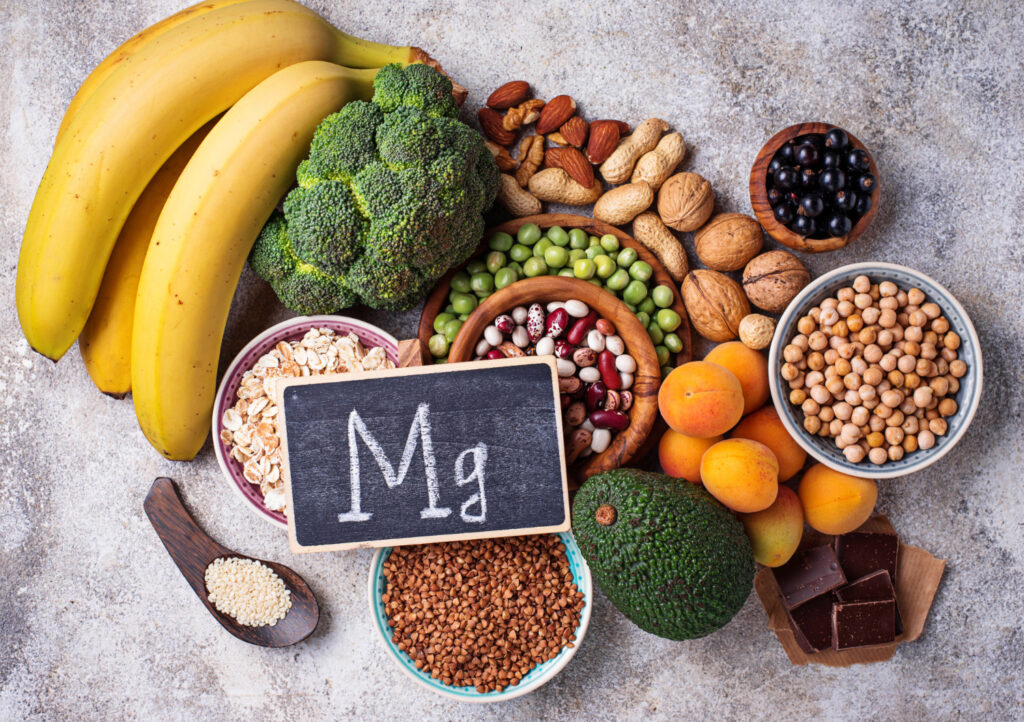
This article will dive deep into the best timing to harness its benefits fully…Stay tuned!
Key Takeaways
- Taking magnesium before or after a workout helps muscles relax and recover faster.
- Athletes need more magnesium, about 310 to 420 milligrams daily, for better performance and less muscle soreness.
- Magnesium glycinate absorbs well, making it good for reducing cramps and speeding up recovery post-exercise.
- Not having enough magnesium can cause muscle cramps, weakness, and other problems in athletes.
- Choosing high – quality magnesium supplements improves absorption and benefits overall muscle health and recovery.
Understanding the Role of Magnesium in Sport
Magnesium plays a big part in how well athletes do. It helps them use energy better and eases sore muscles. Taking magnesium before or after workout can make a difference.
Importance of magnesium in athletic performance
Magnesium plays a big part in how muscles work and how energy moves around the body. For bodybuilders, this mineral helps turn food into energy, supports muscle contractions, and keeps heart rhythms steady.
It’s like a helper for many enzymes that get our bodies ready for physical activities. Without enough magnesium, muscles could cramp or feel weak, making workouts less effective.
This mineral also helps with recovery after exercising. It works to relax muscles and reduce soreness. So, getting enough magnesium can mean feeling better faster after hitting the gym hard.
Plus, it aids in controlling blood sugar levels and managing stress—both important when aiming for peak performance in strength training or any intense fitness routine.
Effects of magnesium on sore muscles
Sore muscles often follow a tough workout. Magnesium plays a key role in healing and easing that pain. It helps your muscle cells relax after they contract during exercise. This relaxation is crucial for recovery and preventing cramps, which can throw off your training schedule.
Think of magnesium as a tool for your muscles to bounce back quicker.
This mineral also fights inflammation inside your muscle tissues, making it easier to deal with the soreness that comes after lifting heavy weights or intense physical activity. Plus, magnesium aids in moving glucose into muscles, providing them with energy to repair and build stronger fibers.
So, adding magnesium to your diet means less pain and more gains for bodybuilders aiming for peak performance.
Magnesium intake during exercise

Taking magnesium while working out has its upsides. This nutrient helps your muscles work better and stops them from getting too tight or sore during tough sessions. Think of it like oil in an engine—keeping everything running smoothly.
For bodybuilders, this means you can lift more and push harder without feeling like your muscles are going to give up on you.
Eating foods rich in magnesium, such as green leafy veggies, nuts, and seeds, before hitting the gym is a smart move. Or, consider a magnesium supplement if your diet doesn’t quite meet the mark.
This way, you ensure your body has enough of this essential mineral to power through lifts and help recover afterward. And don’t forget about water! Keeping hydrated helps magnesium do its job in your cells during those intense workouts.
Daily magnesium requirements for athletes
Athletes need more magnesium than people who don’t exercise much. For men, the number is 420 milligrams per day. Women should get about 320 milligrams each day. These amounts help bodies stay strong during workouts and aid in muscle recovery after.
Getting enough magnesium makes sure that muscles work well and reduces soreness. This mineral is key for bodybuilders looking to push harder and recover faster from their training sessions.
Eating foods high in magnesium or taking supplements can meet these needs, ensuring top performance and health.
The importance of magnesium and potassium for athletes
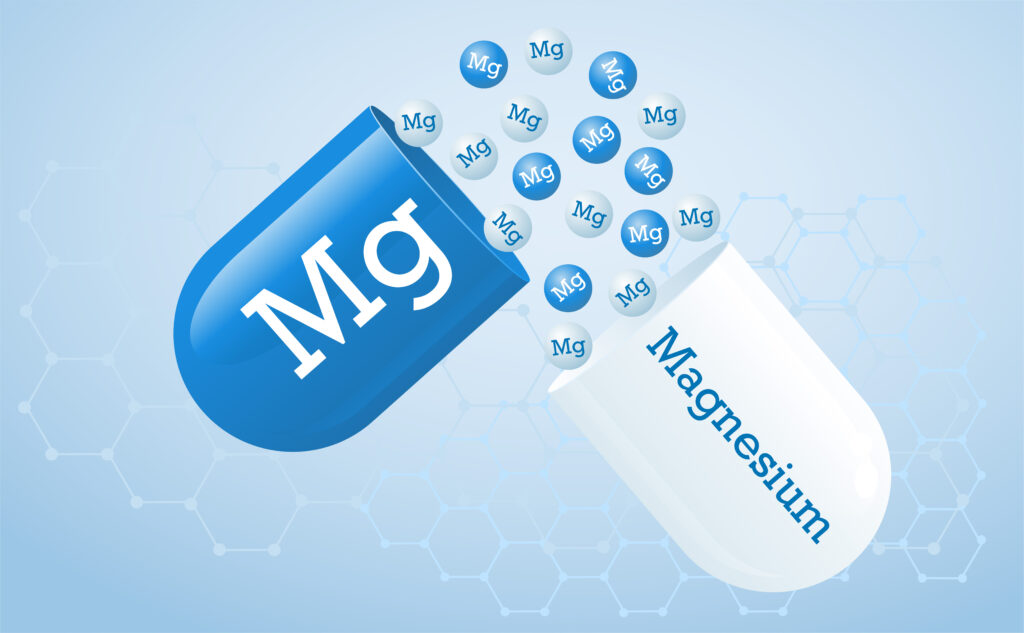
Muscles need magnesium and potassium to work well. These minerals help with muscle contractions and relaxation. They keep cramps away, which is good for bodybuilders who push their limits.
Magnesium plays a big role in turning food into energy. It helps make new proteins from amino acids too. This means more power for workouts and faster recovery after.
Potassium also matters a lot for heart health and water balance in the body. It makes sure nutrients move right into cells, while waste gets out fast. For people lifting weights, getting enough of these minerals stops tiredness and keeps the heart beating as it should during tough exercises.
So, eating foods rich in magnesium and potassium or taking supplements can really boost an athlete’s performance.
Benefits of magnesium supplements for athletes
Magnesium plays a big part in keeping athletes strong and healthy. This mineral helps your body use energy and keep muscle fibers working right during exercise. For bodybuilders, getting enough magnesium means better performance, more power, and less muscle cramps after hitting the gym hard.
It also aids in making proteins in your muscles grow bigger and stronger.
Taking magnesium supplements can make a huge difference for those who lift weights regularly. It helps with managing soreness and speeds up recovery so you’re ready to go again sooner.
Plus, it keeps heart rhythms steady and supports good sleep patterns—both are key for anyone looking to get fit or build more muscle. With the right amount of magnesium, athletes can push harder, last longer in their workouts, and see improvements faster.
The Best Timing for Magnesium Before or After Your Workout

Finding the right time to take magnesium before or after workout can make a big difference. Taking it at the right moment helps your muscles relax and recover faster.
Recommendations for taking magnesium before exercise
Taking magnesium before exercise can give your body the boost it needs. It helps turn glucose into energy and makes muscles work better. Try taking magnesium about 30 minutes to an hour before you start working out.
This timing lets your body use the magnesium when you need it most.
Make sure to get the right amount of magnesium, too. Too little won’t help much, and too much can cause problems. For most people working out hard, between 200-400 mg is good. Check with a doctor or look up how much you need for your weight and workout plan.
This way, you’ll be set to go harder and feel better during your gym time.
Benefits of taking magnesium after exercise
After discussing the right time to take magnesium before working out, let’s shift gears and focus on why taking it afterward is a smart move. Post-exercise, your body craves recovery.
Magnesium steps in like a hero for muscle relaxation. It calms down soreness and eases tight muscles, making you feel ready sooner for your next workout session.
Taking this mineral post-workout also plays a big role in preventing cramps. Cramps can stop an athlete in their tracks – they’re painful and slow down progress. By feeding your muscles magnesium after exercising, you help them relax and recover without the nasty surprise of cramping later on.
This not only improves how quickly you bounce back but also enhances overall muscle health over time.
Combating muscle pain and tightness
Taking magnesium can help with muscle pain and tightness. This mineral plays a big part in relaxing muscles. It fights inflammation, helping your muscles heal after tough workouts.
Magnesium also works on a deeper level by supporting energy creation processes in your body. This means it helps turn food into the power that muscles need to work well and recover fast.
Magnesium’s magic doesn’t stop there. It also helps control blood sugar levels and keeps your heart beating right. For bodybuilders, this is great because it means less soreness and quicker bounce back after hitting the gym hard.
So, adding magnesium to your routine might be a smart move if you want to keep those gains coming without the extra ache.
Enhancing muscle recovery and relaxation

After dealing with muscle tightness, focusing on recovery and relaxation is next. Magnesium plays a key role in this process. It helps muscles relax and recover faster after intense workouts.
This mineral activates mechanisms that calm the body and reduce inflammation. This means less soreness and more readiness for your next gym session.
Magnesium also boosts energy levels by aiding glucose metabolism. This process turns what you eat into fuel for your muscles, helping them repair and build stronger fibers quicker.
Plus, magnesium ensures better sleep quality by regulating the sleep-wake cycle. Getting enough rest is crucial for muscle repair because that’s when growth occurs most effectively.
So, ensuring you get your magnesium can make a big difference in how quickly you bounce back after hitting the weights hard.
Preventing cramps
As we talk about making muscles relax and recover better, it’s key to also focus on stopping muscle cramps. These sudden, tight feelings in your muscles can slow you down and hurt.
Taking magnesium helps a lot here. This mineral makes your muscles work right and keeps them from tightening up too much.
Eating foods rich in magnesium or taking supplements can be a game-changer for bodybuilders. It helps in stopping those pesky muscle cramps that might hit during or after a tough workout.
Plus, getting enough magnesium means your body works better overall – like turning food into energy and keeping heartbeat steady. So, keeping up with your magnesium intake is smart for smooth workouts without the interruption of cramps.
The Benefits of Magnesium Glycinate for Muscle Recovery and Performance

Magnesium Glycinate can be a game-changer for muscle recovery after you hit the gym. This form of magnesium gets into your body fast, helping ease muscle kinks and boost how well your muscles bounce back, whether you take magnesium before or after workout.
How magnesium glycinate helps with muscle relaxation
Magnesium glycinate plays a big part in easing muscle tightness. This form of magnesium links up with glycine, an amino acid that acts like a calming agent for your nerves and muscles.
It gets into your body better than other types of magnesium. That means it can do its job without causing stomach issues, making it a top pick for athletes.
Taking this supplement can help relax your muscle fibers after tough workouts. It steps in to calm down the overexcited nerves in your muscles, leading to less soreness and stiffness.
This smoother action helps you recover faster, so you’re ready to hit the gym again sooner. Plus, it keeps painful cramps at bay by balancing minerals inside and outside of muscle cells.
Role in muscle recovery and performance
Magnesium plays a big part in how well your muscles bounce back after a hard workout. It helps with relaxing your muscle fibers, which can prevent tightness and pain. This is crucial for bodybuilders who push their limits regularly.
After lifting heavy, magnesium steps in to speed up recovery times by calming down the muscles and helping them repair faster.
This mineral also supports energy creation during exercise. Magnesium activates enzymes that manage the breakdown of glucose into energy, keeping you going stronger for longer. So, taking it at the right time could mean better performance and quicker recovery from each session.
Next up, let’s look at why magnesium glycinate is seen as top-notch for muscle wellness and daily performance boosts.
Preventing cramps and promoting tissue repair

Moving on from how magnesium aids in muscle recovery and boosts performance, let’s talk about stopping cramps and fixing tissue. Taking magnesium can help prevent those painful muscle cramps many athletes know too well.
It does this by relaxing your muscles and keeping balance with calcium, which makes your muscles contract. So, it’s like having a natural way to keep everything in check, making sure your muscles don’t tense up when they shouldn’t.
For tissue repair—think of it as helping your body heal faster after a tough workout. Magnesium plays a big part in building proteins that fix damaged fibers and helps make more energy available in your body.
This means you can recover quicker and get back to lifting weights or running sooner. By making sure you’re getting enough of this mineral, either through food or supplements, you’re giving your body what it needs to stay strong and improve after each workout session.
Recommended daily intake for magnesium glycinate
Bodybuilders need the right amount of magnesium glycinate. It helps their muscles relax and recover after a hard workout. Experts say adults should take 310 to 420 milligrams of magnesium each day.
But bodybuilders might need more because they use up a lot of energy and strain their muscles often.
Taking enough magnesium glycinate can stop cramps and help with tissue repair. Since it’s easy for your body to use, you don’t feel upset in your stomach like with other forms. Start with the suggested dose but listen to your body.
You might need to adjust how much you take based on how you feel and how hard you train.
Ideal timing for taking magnesium glycinate
Now that we know how much magnesium glycinate you need each day, let’s talk about the best time to take it. Taking magnesium glycinate at the right moment can make a big difference for your muscles and sleep.
For people lifting weights, taking this supplement in the evening helps relax muscles and improve sleep quality. Good sleep is key for muscle repair and getting ready for the next workout.
Taking magnesium glycinate after your workout also aids in recovery and reduces soreness. This means less pain and more gains from your training sessions. Plus, it keeps cramps away, making sure nothing slows you down.
So, add magnesium glycinate to your post-workout routine to help your body bounce back faster and stronger.
Signs of Magnesium Deficiency in Athletes and How to Choose the Right Supplements
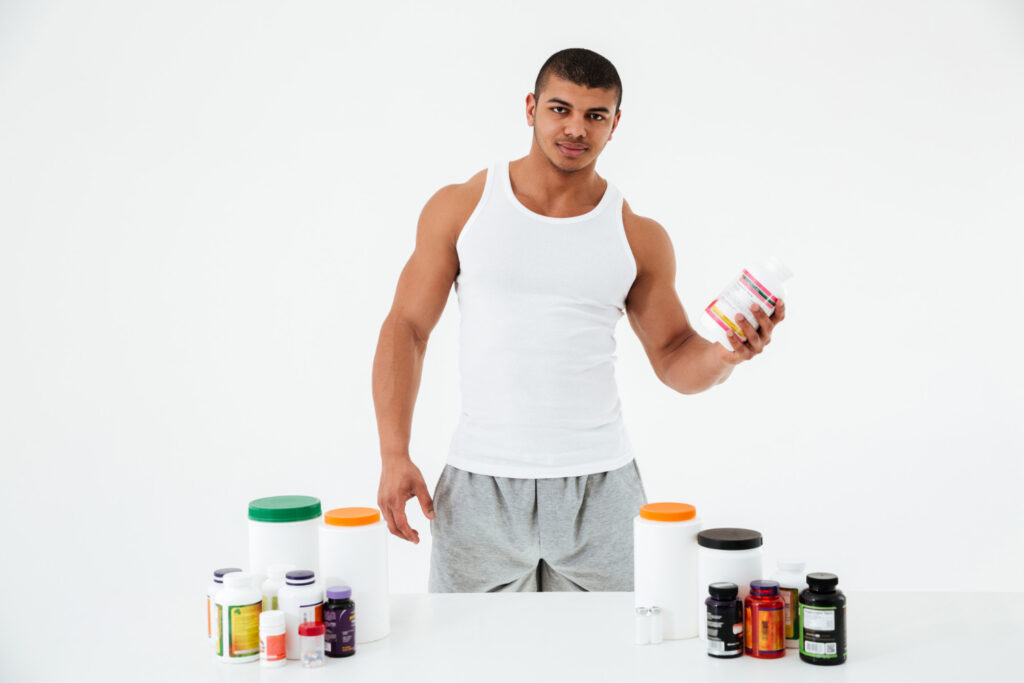
If you’re an athlete feeling tired or weak, you might not have enough magnesium. Choosing the right supplement can fix that and boost your game. Look for products with deep sea minerals or organic labels to get the best absorption and benefits.
This way, whether you take magnesium before or after workout, you’ll know it’s working well for your body.
Symptoms of magnesium deficiency in athletes
Muscle cramps hit hard if you’re low on magnesium. You might also feel weak or tired more than usual. An irregular heartbeat can scare anyone, and it’s another sign. Some folks get dizzy without knowing why.
This could be the body asking for more magnesium.
Your muscles may not relax right after a workout, making recovery slow. Feeling nauseous or vomiting during tough training sessions? Low magnesium levels might be the cause here too.
Don’t ignore these symptoms; they tell you your body needs help to keep up with your fitness goals.
Importance of choosing bioavailable supplements
Picking the right supplements is key for bodybuilders. Your body needs to absorb them well, so they work best. This means going for bioavailable options is a must. These kinds get into your system fast and start working right away, helping with everything from muscle repair to energy levels.
So, always check if what you’re getting can be easily used by your body.
Deep sea minerals and certified organic choices often offer better absorption. This way, you ensure your muscles get the support they need swiftly after a workout or during recovery periods.
Opting for supplements proven by science gives you quick and reliable results, making sure every bit of effort counts towards building strength and endurance.
Deep sea magnesium for better absorption

Magnesium from the deep sea is special. It gets into your body better than other types. This kind helps muscles relax after a hard workout. It fights cramps, too. Bodybuilders need lots of magnesium for their muscles to work right and recover fast.
Next, we talk about picking the right supplements…
Certified organic and safe for athletes
From deep sea magnesium with great absorption, we move to options that are both certified organic and safe for athletes. These choices matter as much as the type of nutrients we choose.
Organic supplements ensure that what you’re putting into your body is free from harmful chemicals and pesticides. They support your health goals without adding any unwanted elements.
Choosing such supplements also means you’re picking products made under strict standards. This ensures athletes like you get pure and effective nutrients. Safety in these products is a top priority, meaning they meet all guidelines for consumption by sports professionals.
So, going organic and ensuring safety can make a big difference in meeting your fitness targets efficiently.
Magnesium supplements for fast-acting and scientifically validated results
Magnesium supplements work fast and are backed by science. They help your body recover and perform better. These supplements speed up how quickly magnesium gets into your system, helping with energy creation, muscle movements, and keeping your heartbeat steady.
For bodybuilders, this means less time feeling sore and more time getting stronger.
Choosing the right magnesium supplement is key for top results. Look for ones that say “highly absorbable” on the label. This means your body can use them easily without wasting any.
With the right supplement, you’ll see improvements in how you feel during workouts and how quickly you bounce back after them.
Conclusion

Taking magnesium before or after workout times really boosts your game. This simple step helps with sore muscles and makes you ready for more action. Plus, it stops those painful cramps in their tracks.
If muscle recovery matters to you, picking the right moment for your magnesium dose could mean faster bounce-back. So, go ahead—give your body what it needs and watch how you reach new heights.
FAQs
1. What does magnesium do for workouts?
Magnesium helps your body make energy, keeps muscles working right, and can reduce soreness. It’s a helper in turning food into energy and making muscles move smoothly.
2. When should I take magnesium, before or after exercise?
Taking magnesium about 30 minutes to an hour before exercising can boost your performance by keeping your energy levels up and preventing muscle cramps. After working out, it can help ease muscle soreness.
3. How much magnesium should I take for exercise?
The right amount depends on you but starting with the recommended dietary allowance is wise. Adults can usually take around 310-420 mg per day… But remember, not too much!
4. Can magnesium improve my heart health during exercise?
Yes! Magnesium is good for your heart; it helps keep heartbeats steady and supports healthy blood flow when you’re getting that workout in.
5. Does taking magnesium affect how my body uses sugar during a workout?
Sure does! It helps maintain normal blood sugar levels by playing a part in breaking down sugars in the body which means you get steady energy while exercising.
6. Are there other benefits of taking magnesium related to exercise?
Absolutely! Besides boosting energy and reducing cramps, it also plays a role in fighting inflammation and might even help you sleep better after an intense workout session.

Author
Years ago, the spark of my life’s passion ignited in my mind the moment I stepped into the local gym for the first time. The inaugural bead of perspiration, the initial endeavor, the very first surge of endorphins, and a sense of pride that washed over me post-workout marked the beginning of my deep-seated interest in strength sports, fitness, and sports nutrition. This very curiosity blossomed rapidly into a profound fascination, propelling me to earn a Master’s degree in Physical Education from the Academy of Physical Education in Krakow, followed by a Sports Manager diploma from the Jagiellonian University. My journey of growth led me to gain more specialized qualifications, such as being a certified personal trainer with a focus on sports dietetics, a lifeguard, and an instructor for wellness and corrective gymnastics. Theoretical knowledge paired seamlessly with practical experience, reinforcing my belief that the transformation of individuals under my guidance was also a reflection of my personal growth. This belief holds true even today. Each day, I strive to push the boundaries and explore new realms. These realms gently elevate me to greater heights. The unique combination of passion for my field and the continuous quest for growth fuels my drive to break new ground.

